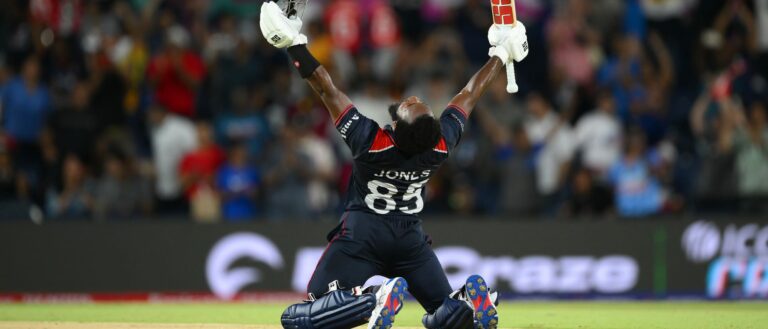Cricket’s Role in Promoting Social Justice and Equality
Playinexch, Gold365:Cricket, often regarded as a gentleman’s game, has played a significant role in social justice movements throughout history. The sport has served as a platform for advocating for equality and challenging discriminatory practices, particularly in countries with a colonial past. Players and teams have used their influence to raise awareness about social issues and push for positive change.
From the apartheid era in South Africa to the struggle for civil rights in the United States, cricket has been a catalyst for sparking conversations and promoting inclusivity. Players who have leveraged their fame to speak out against injustice have inspired many to stand up for what is right, both on and off the field. The historical significance of cricket in social justice movements highlights the power of sports as a tool for unity and progress in society.
Challenges Faced by Cricketers in Advocating for Equality
Cricketers advocating for equality encounter numerous obstacles in their quest to bring about change. One of the primary challenges they face is the fear of backlash from fans, sponsors, and even their own cricket boards. Speaking out on social justice issues can often lead to criticism, loss of endorsements, or even being ostracized within the cricketing community.
Additionally, cricketers striving for equality may struggle with finding the appropriate platform to voice their concerns effectively. The intricacies of navigating media interviews, social media, and public appearances while trying to maintain a positive public image can be daunting. Moreover, the pressure to perform on the field may deter some players from speaking out for fear of distractions affecting their game.
Impact of Cricket on Breaking Down Racial Barriers
Cricket, often hailed as a unifying sport, has played a pivotal role in breaking down racial barriers across the globe. Through the power of sport, cricket has transcended differences in race and ethnicity, fostering a sense of unity and camaraderie among players and fans alike. The cricket pitch acts as a platform where individuals from diverse backgrounds come together, focusing on teamwork and mutual respect rather than preconceived notions based on skin color or ethnicity.
In countries with a history of racial segregation, cricket has served as a catalyst for social change and integration. By bringing individuals from different racial backgrounds onto the same field, cricket promotes inclusivity and equality. Through shared experiences and a common goal of winning matches, players form bonds that extend beyond racial divides, paving the way for a more harmonious society. The impact of cricket in breaking down racial barriers goes beyond the boundaries of the playing field, influencing communities and societies to embrace diversity and unity.
How has cricket historically played a role in social justice movements?
Cricket has been a platform for advocating for equality and breaking down racial barriers, with players using their platform to bring attention to important social issues.
What challenges have cricketers faced in advocating for equality?
Cricketers have faced backlash and criticism for speaking out on issues of race and equality, with some facing consequences for using their platform to advocate for change.
How has cricket helped in breaking down racial barriers?
Cricket has helped in breaking down racial barriers by bringing together individuals from diverse backgrounds to play and support the sport, leading to a more inclusive and diverse community.
What impact has cricket had on promoting social justice and equality?
Cricket has played a significant role in promoting social justice and equality by fostering conversations and raising awareness on important issues, leading to positive change within the sport and society as a whole.






